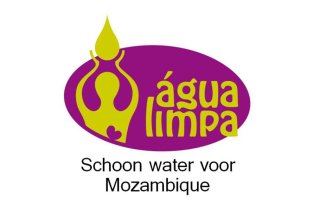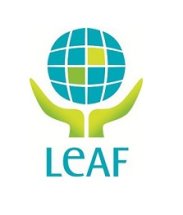
Project
Options for sanitation improvement in Xai Xai, Mozambique
Agua Limpa - Schoon water voor Mozambique - Clean Water for Mozambique
The Frisian Urban Sanitation Project (FUSP)
The Frisian Urban Sanitation Project (FUSP) has been working on providing clean water and sustainable sanitation in seven cities in Mozambique (Xai-Xai, Chokwe, Inhambane, Maxixe, Chimoio, Gondola and Manica). Although access to drinking water has significantly improved, access to safe sanitation leaves much to be desired. LeAF has been asked to participate in a mission to Xai Xai in order to propose a realistic technological approach to improving the urban sanitation situation in the focus cities.
The main issues addressed in Xai Xai were the reduction of the population’s nitrate intake via polluted groundwater used as drinking water, the treatment of sludge from sewers, septic tanks and excreta tanks, the treatment of sewage and the possible utilization of valuable substances from wastewater and wastes. During the mission several solutions were identified and discussed.
The most promising technological sanitation options were presented (a total of 13), discussed and evaluated in the final deliverable. The options not only covered improved sanitation facilities and faecal sludge management but also targeted prevention of groundwater pollution. A multi criteria analysis was used to screen the different options and identify favourable and less, or non-favourable options. Favourable options identified were those that posed a low public health risk, had a low risk of polluting groundwater, had low investment and operational costs, high social acceptance, were simple in use, operation and maintenance and produced minimal greenhouse gasses. Additionally, the study showed that most short-term health benefits could be achieved by removing nitrates from the drinking water by means of further drinking water treatment.
LeAF’s main role was to deliver a report that proposes realistic technological approach for improving the urban sanitation situation in the focus cities of the FUSP programme in Southern Mozambique. By means of a Multi Criteria Analysis the most promising technological sanitation options were evaluated and recommendations for next steps were made. The criteria and weighing factors of the Multi Criteria Analysis were determined with the partners, Favourable options identified were those that posed a low public health risk, had a low risk of polluting groundwater, had low investment and operational costs, high social acceptance, were simple in use, operation and maintenance and produced minimal greenhouse gasses. Additionally, the study showed that most short-term health benefits could be achieved by removing nitrates from the drinking water by means of further drinking water treatment.
Contactperson:
Web link to project website:
www.schoonwatervoormozambique.nl
